The WFH Gene Therapy and World Bleeding Disorder Registries | Virtual Summit 2020
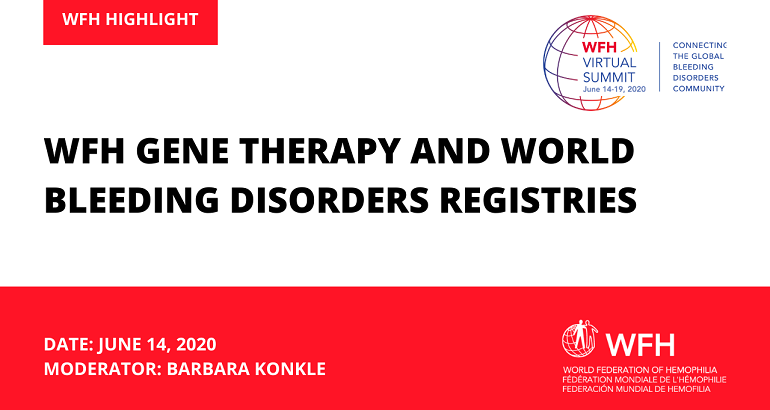
In this session from the WFH 2020 Virtual Summit, Barbara Konkle, Alfonso Iorio & Catherine Lambert will discuss & highlight two key WFH data programs: The WFH Gene Therapy Registry (GTR) and the WFH World Bleeding Disorders Registry (WBDR). With gene therapy for hemophilia on the horizon, there is an urgent need to develop a […]
Free papers: Late breaking 2 | Virtual Summit 2020
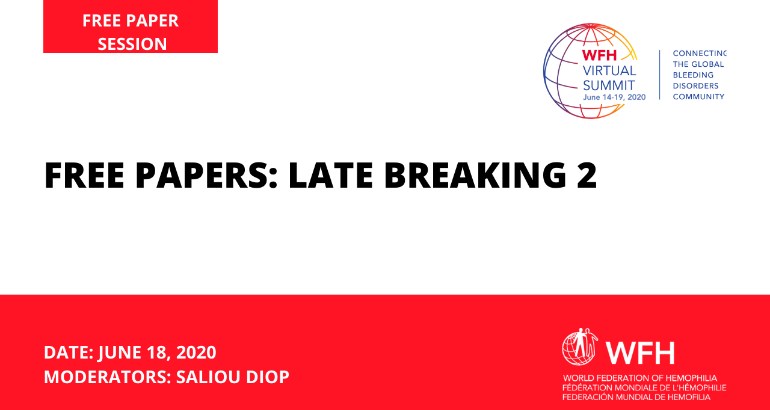
In this session from the WFH 2020 Virtual Summit, Saliou Diop, Ampaiwan Chuansumrit, Silvia Riva and Ahmad Tarawah discuss: “Connection between a local Registry and World Bleeding Disorders Registry: Automatic hemophilia patients’ data transfer” “Psychological status of older patients with hemophilia: results from the multicenter S+PHERA study” “Prevalence of bleeding symptoms among young adults in […]
Free papers: Data collection and patient outcomes | Virtual Summit 2020
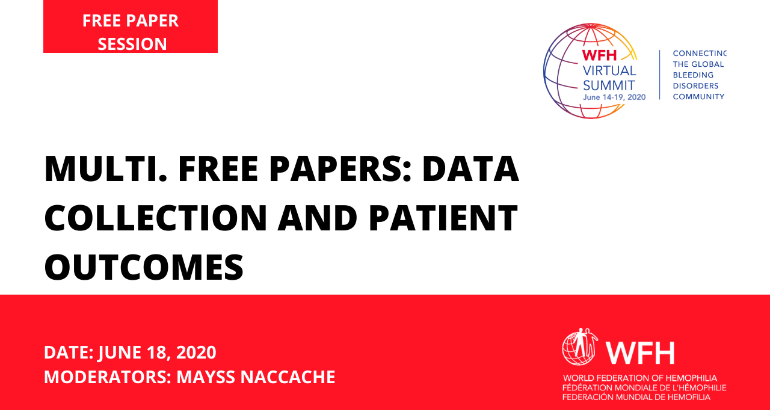
In this session from the WFH 2020 Virtual Summit, Mayss Naccache, Emily Ayoub, Toong Youttananukorn and Ellia Tootoonchian discuss: “The World Federation of Hemophilia World Bleeding Disorders Registry – 2 years update” “Data is the new currency: The World Bleeding Disorders Registry Data Quality Accreditation Program” “Report on the Annual Global Survey – 20 years […]
WBDR 2020 Data Report
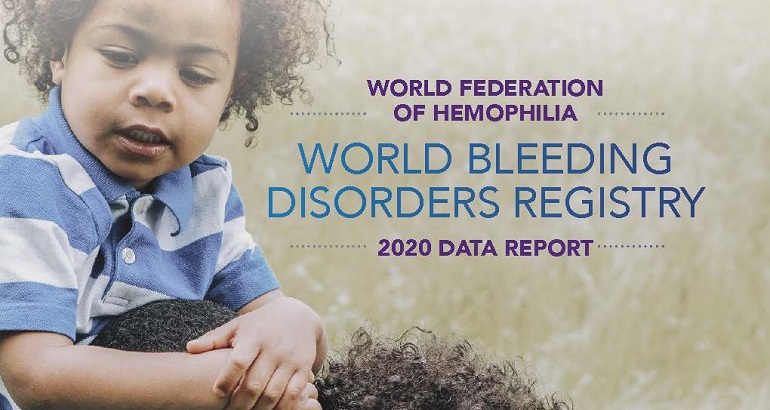
The World Bleeding Disorders Registry (WBDR) 2020 Data Report provides aggregate data on more than 7,000 people with hemophilia around the globe who are enrolled in the WBDR.
WBDR 2019 Data Report
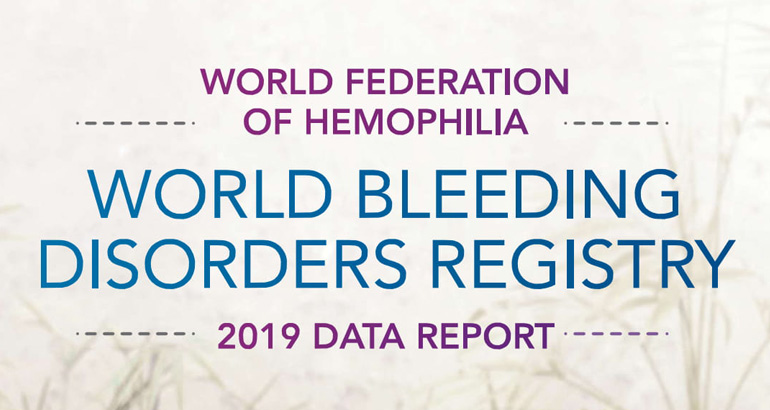
The World Bleeding Disorders Registry (WBDR) 2019 Data Report provides aggregate data on more than 4,000 people with hemophilia around the globe who are registered in the WBDR.
WBDR 2018 Data Report
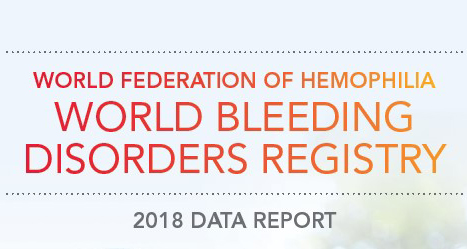
The World Bleeding Disorders Registry (WBDR) 2018 Data Report provides aggregate data on more than 1100 people with hemophilia around the globe who are registered in the WBDR.
The Challenge of Evidence Generation
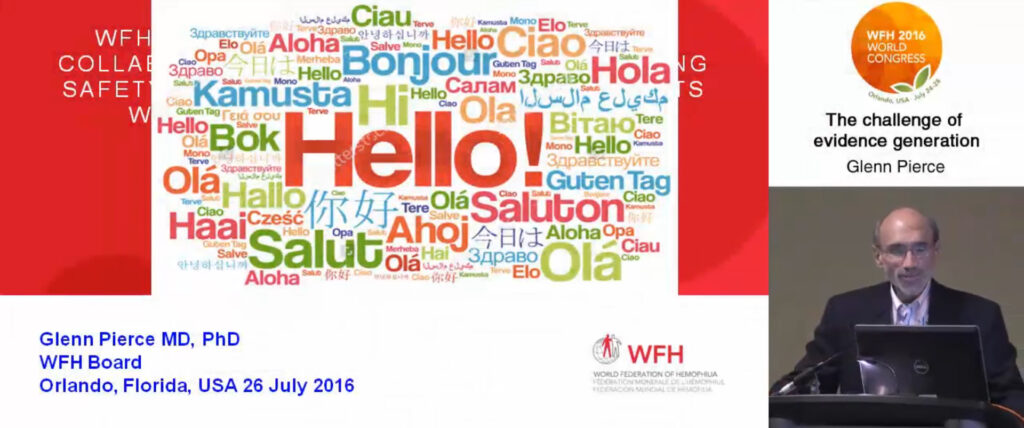
In the Tuesday morning WFH session on global surveillance and collaboration, Glenn Pierce, explores the challenges of evidence generation.
